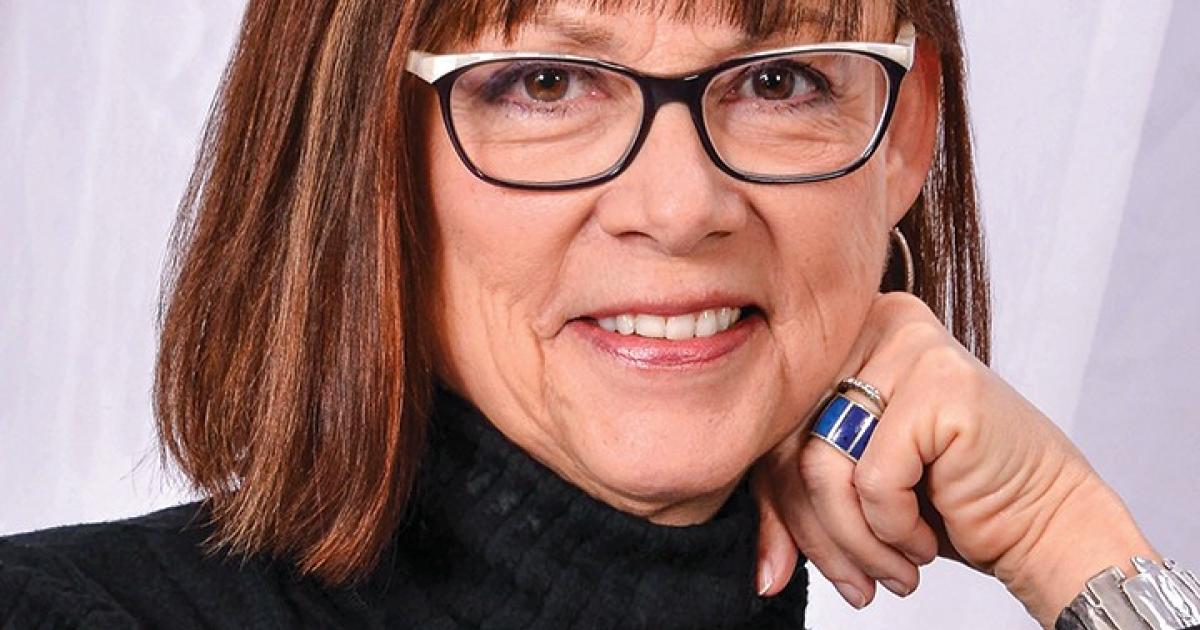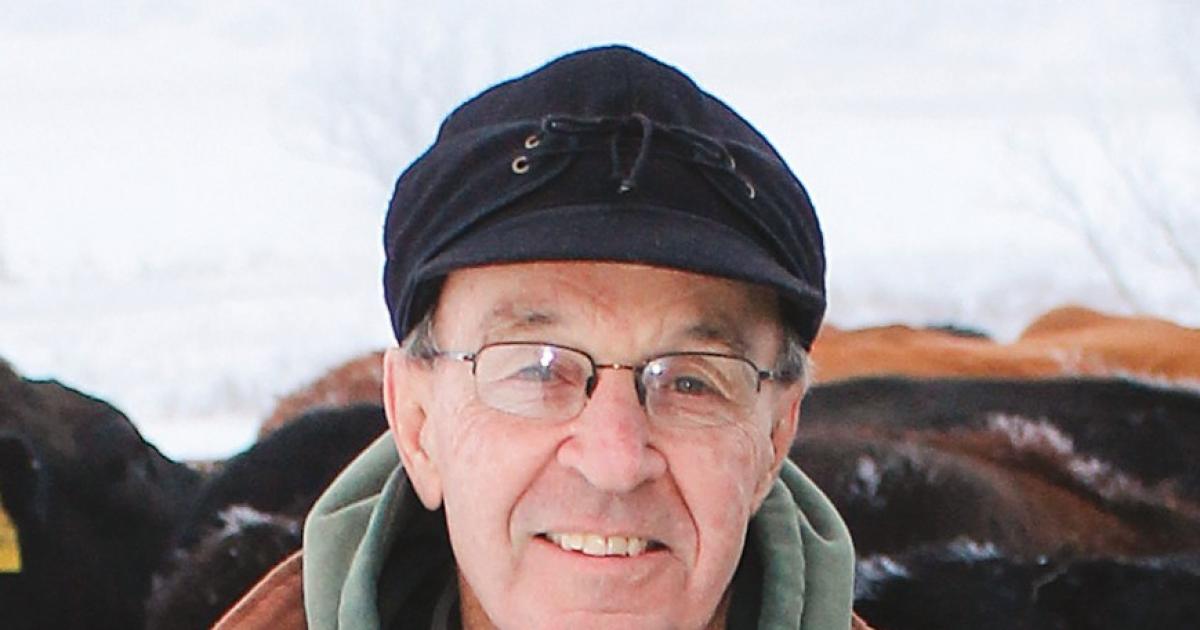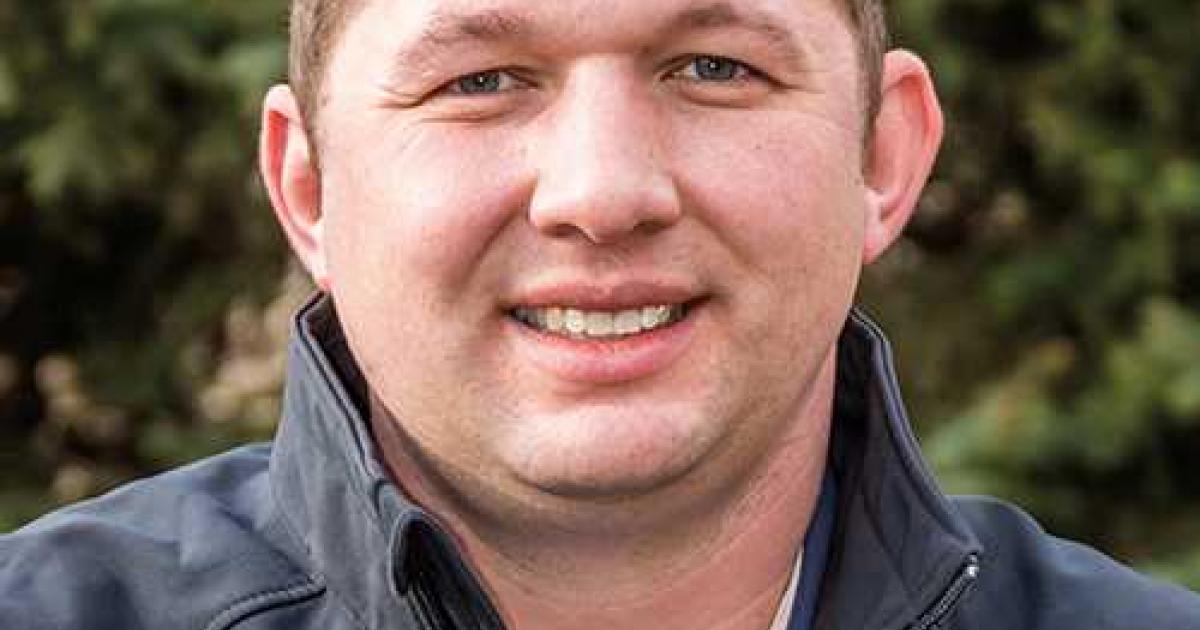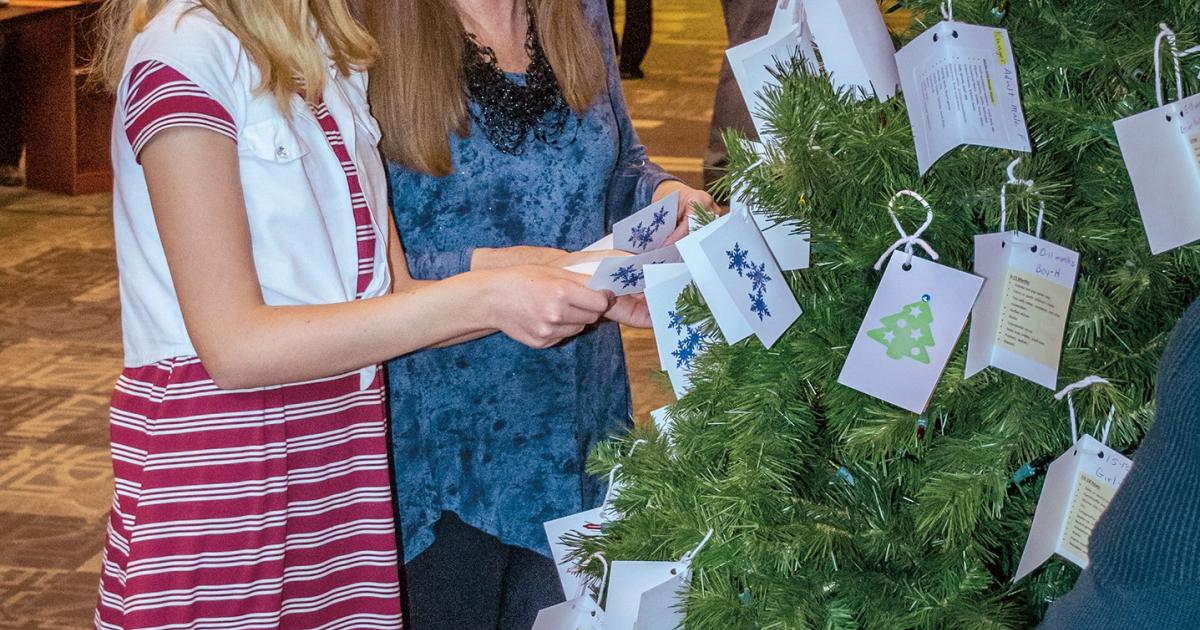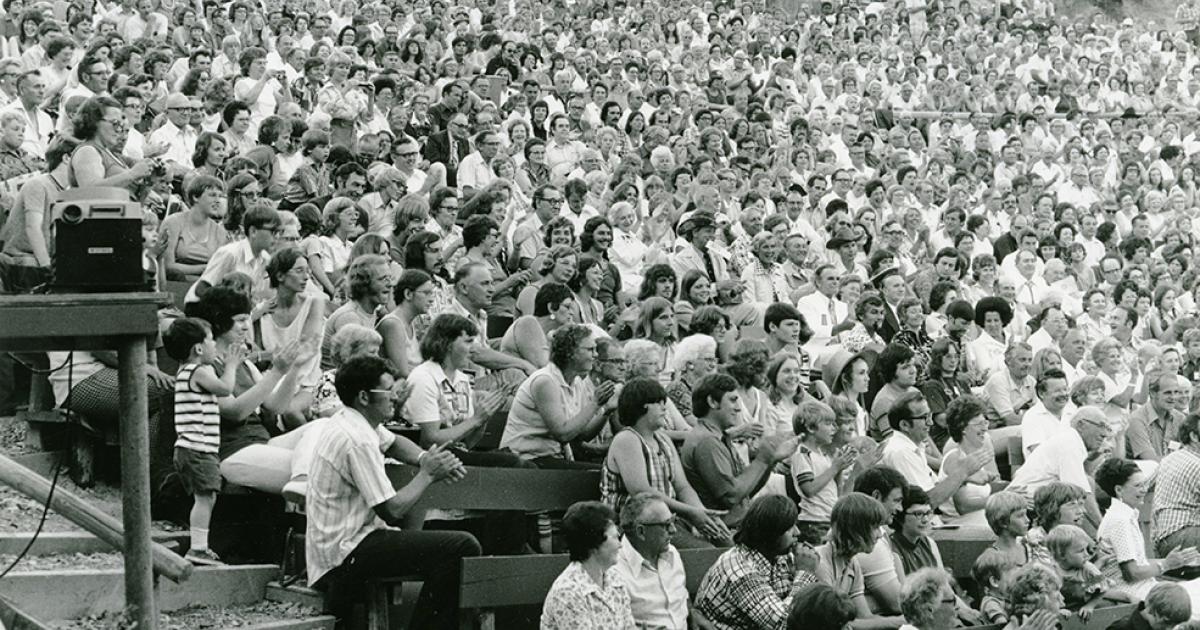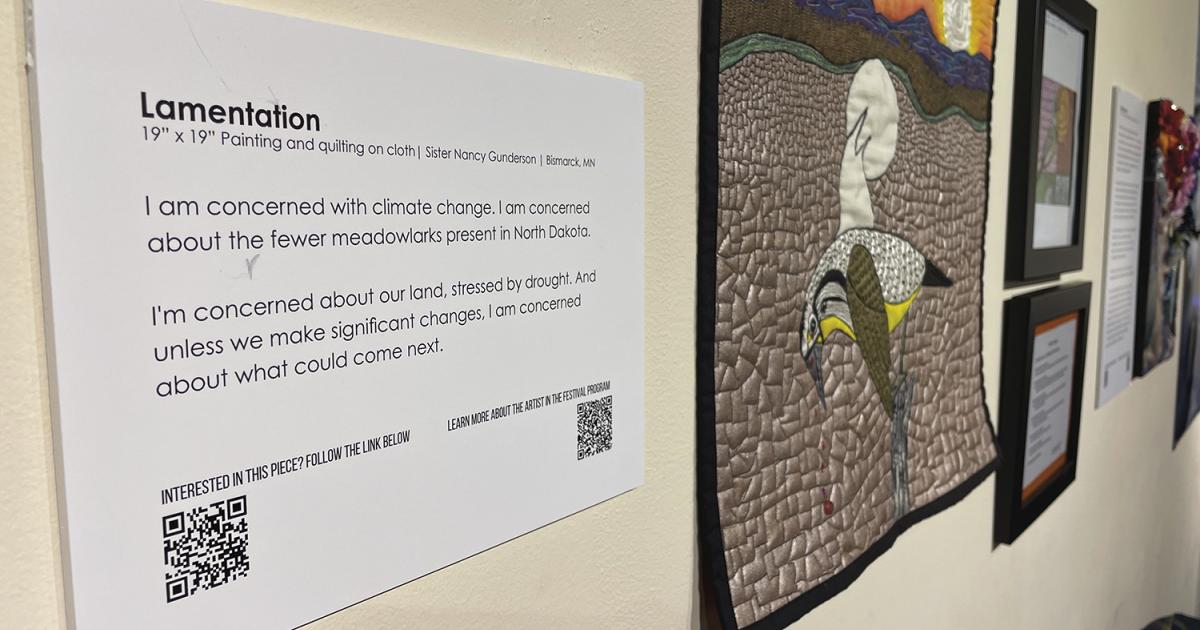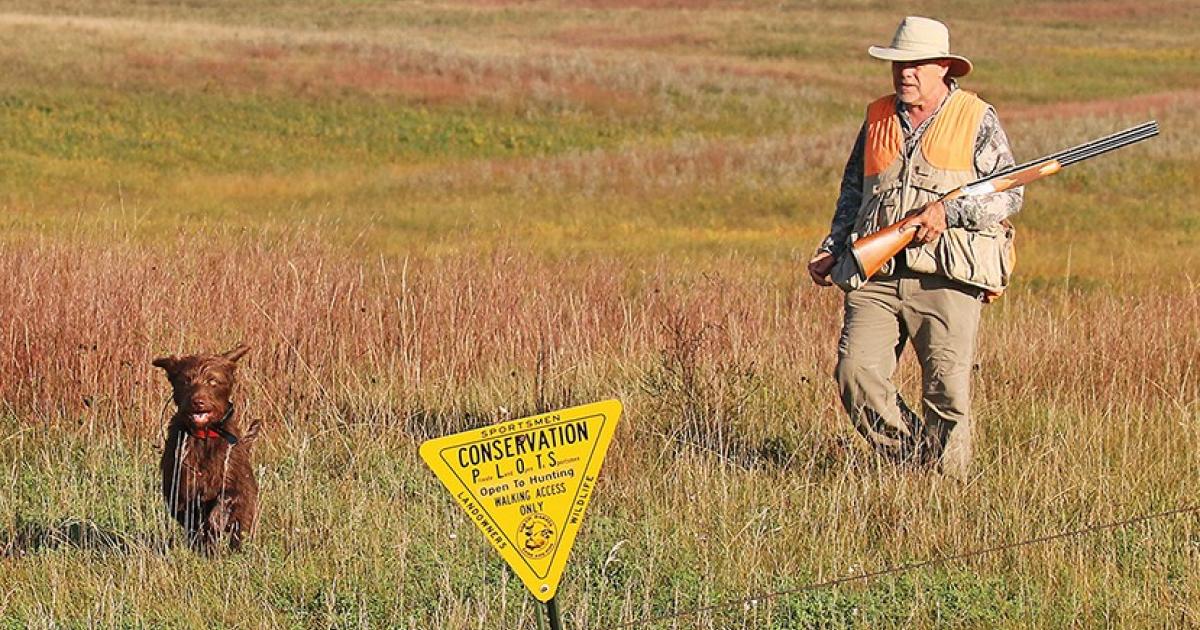I see you
“Sometimes, my friend and I pretend we’re popular,” my 10-year-old granddaughter’s clear voice spoke into the warm summer afternoon. There was no offense. Just fact.
Her words stopped me. What? My just-out-of-fourth-grade granddaughter was worried about being popular? She wasn’t popular? I might have to march over to her school and…
What I really said was, “How do you pretend you’re popular?”
She sat up straight. “Mindi and I walk around at recess and…” With one hand, she tossed her long, blonde hair over her shoulder, stuck her nose a bit into the air, blinked her ice-blue eyes and said (in a “Valley Girl” voice), “We are soooo popular. Yes, we are.”
Simone and I laughed, but I was hurting for her. I couldn’t imagine my lively and funny granddaughter not being popular. Really? There was already a pecking order for a bunch of 10-year-old girls?
I do have a memory of what it feels like to not be popular. Maybe that’s why my heart hurt for her.
Let me set the stage by telling you I was voted “most popular” my senior year of high school. I was a cheerleader, a student council representative and homecoming queen. I’m guessing those who went to school with me would roll their eyes if I said I knew what “unpopular” felt like. But, here’s the rest of the story.
My dad battled cancer most of my childhood. His Mayo Clinic doctors felt he would fare better if he spent winters in a warm climate. The year he was diagnosed (when I was 10 years old), we spent January to March in Los Angeles, Calif. All I remember of that stint was completely missing learning “fractions” during the back-and-forth across the country. Dad must have felt better for a couple years, but we packed up and went to Phoenix, Ariz., for three months when I was in eighth grade. And that is where my nightmare began.
If you’ve ever attended a small school (like I did in North Dakota), you know when a “new kid” comes to class, everyone wants to be a friend.
So, my first morning in my new school, I arrived early and met the teacher, who sat me in the front row. I watched the clock with nervous, but excited, anticipation, waiting for the bell to ring. Ready to meet a whole bunch of new best friends.
The bell rang. With a smile, I turned toward the door. A group of boys, led by a tall, strapping, cute guy, took a few steps into the room, stopped in their tracks and stared at me. The guy in front rolled his eyes and said (loud enough for everyone to hear), “Not another migrant kid.”
Coming from North Dakota, I didn’t even know what a “migrant kid” was. They pegged me as a kid of the workers who follow the crop cycle. Which, apparently, put me “out” of the “in” group. In a sense, I was a “migrant kid.” I was only going to be there three months. They were used to “migrant kids” dropping in and out of their classes. Why bother to make a friend who was just going to leave again?
Everyone ignored me. In eighth grade, we were too old for recess, but physical education class was the equivalent. I remember participating in tetherball, which I’d never played before. It turned out I was good at it, mostly because I was taller than most of the other girls. Even that didn’t get me noticed.
But, getting noticed was the last thing I wanted. On the way from North Dakota, I’d worn what we called a “bench-warmer” coat. It was knee-length, navy blue, with a zip-out lining. After that first day, I zipped out the lining and wore that coat like an invisibility cloak every single day.
Attending that school was like being in a foreign country where I didn’t know the language. I was used to knowing all my classmates, to laughing, and going to ballgames and birthday parties. Instead, I spent my days in silence. Sitting alone at lunch. All I wanted to do was disappear. Get through the day and go home.
The end of March couldn’t come fast enough. Two weeks before we were to leave, my mom sewed me a trendy paisley skirt with a matching jacket. She begged me to wear it to school, without my coat over the top. Why not? I was going to be leaving anyway, so I wore it. Guess what? That cute guy walked to my desk and said, “You’re kind of cute.” He invited me to a party. I went. Just like that, I was a little bit popular.
Then I left.
What did I learn? I learned being invisible is an awful feeling. Being alone is lonely. I learned it doesn’t take much to make others feel “seen.” A smile. A “hello” as you pass in the hall. A compliment. “You’re kind of cute.” I think learning that lesson in eighth grade served me well. (God wastes nothing.) Noticing others takes not much effort at all, and you gain friends and respect in return. And if “popular” is even important, “seeing others” is the ticket.
Roxanne (Roxy) Henke lives in rural North Dakota and tries to pass out compliments as if they are candy in a parade. She is the author of eight novels. You can contact her at roxannehenke@gmail.com.


